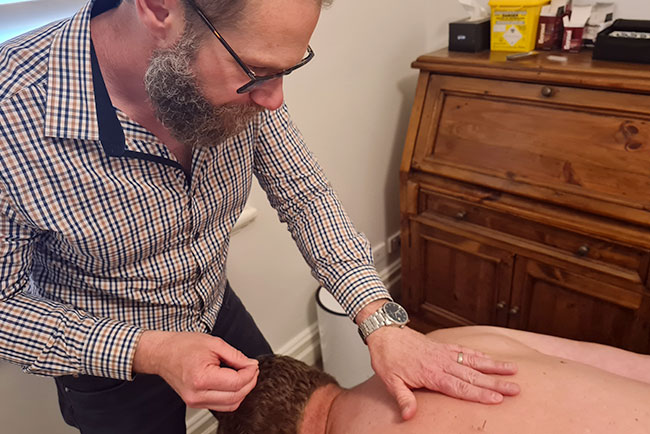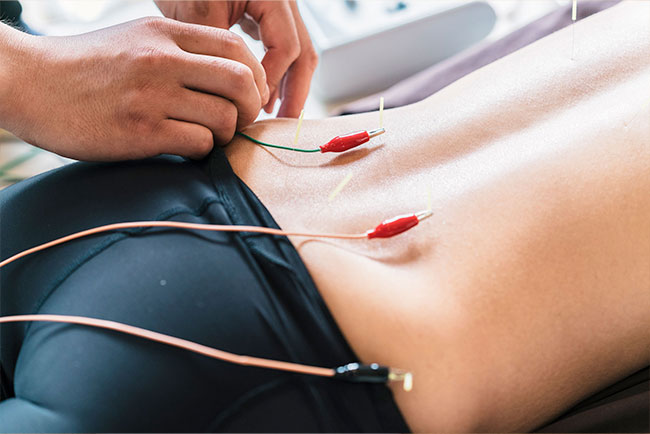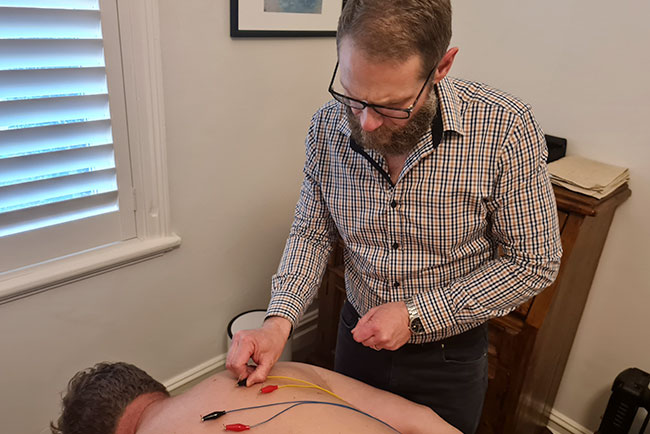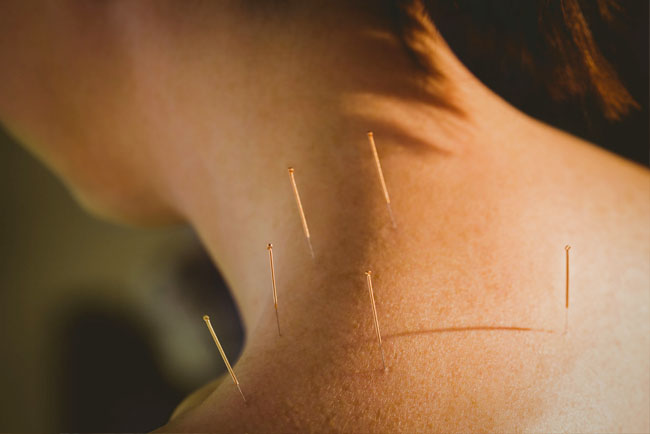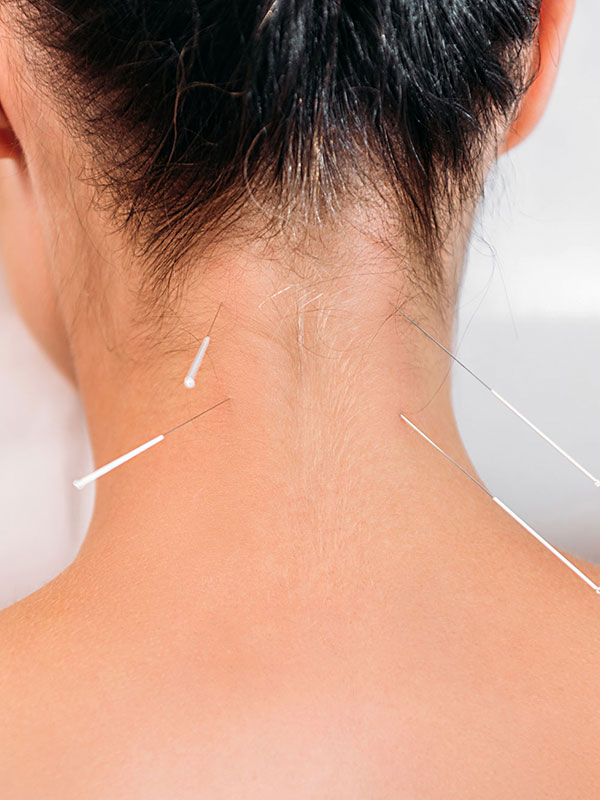
Experience the Ancient Art of Acupuncture
Acupuncture is a traditional Chinese medical treatment technique believed to have been practised as from as much as 4000 years ago. It involves the insertion of a number of extremely fine needles into various points along the body’s network of acupuncture channels. Whilst truly ancient, its flexible theoretical framework means the practise is still relevant in addressing the illnesses of our current time.
Dr Christopher Booth is a registered acupuncturist who has been practising this method since the late nineties. He prides himself on providing patients with expert help and solutions for a range of conditions.
How does acupuncture work?
In Chinese medical theory, each internal organ is connected with an external qi (energy) pathway. The stimulation of points along these pathways can influence the functioning of the internal organ, along with its associated tissues and relationships with other organs.
Put simply, any abnormalities to the flow of energy through these channels, such as a stagnation or blockage, may result in pain, disease or a number of other symptoms. Needling points along these channels removes the blockages and promotes a clear flow of energy, which in turn encourages health.
What are the benefits of acupuncture?
The flexible nature of these treatments means that it’s not possible to provide a complete list of possible benefits and conditions treated. There is, however, a constantly growing body of research which has established that it can effectively treat quite a range of different illnesses and health issues.
Acupuncture Points and Meridians
There are around 360 acupuncture points on 12 main meridians and 8 extraordinary meridians. The main channel points, along with a long list of non-channel points, cover most areas of the body. A point can be selected to treat a problem at its local area, or because of its specific effect on the internal organ that’s connected to the meridian.
What is Acupressure?
There are many ways to stimulate an acupuncture point other than by needling it, and a number of massage therapy disciplines from around the world utilise these points in similar ways. Acupressure refers to massaging these points with various techniques other than a needle.
Acupuncture vs Herbal Medicine
Traditional Chinese medicine uses a range of tools to treat disease, but the two main ones are acupuncture and Chinese herbal medicine. Depending on the diagnosis, many treatments will involve a combination of these two. For example, in a patient with frozen shoulder or sciatic pain may be recommended that acupuncture be used alone, while a patient with insomnia might take only herbal medicine. In most conditions, however, acupuncture and herbal medicine in combination tends to achieve the best results.
Does acupuncture hurt?
This treatment should produce a very mild sensation in the form of a dull ache, a throbbing sensation or electric shoot. This is a sign the needle is in place and is doing its work. The feeling is often described as relieving, relaxing, and even enjoyable, not unlike a deep massage.
The needles are extremely fine so insertion does not give the same sharpness or “sting” that an injection or blood test does. There may be a mild discomfort experienced from acupuncture, but thanks to the fineness of the needles, it’s more common to barely feel them at all.
What is Electro-Acupuncture?
Electro-acupuncture is an excellent enhancement to traditional methods and Dr Chris Booth uses it regularly at his clinics in both Orange and Bathurst. This treatment is used mainly to treat pain and musculoskeletal disorders and involves passing a mild electrical current between two needles.
Australian Private Health Care Funds
Dr Christopher Booth (Chinese med.) is registered with all major private health funds. Rebates can be claimed for either acupuncture or Chinese herbal medicine consultations.
Get In Touch
Book an Appointment
Contact us today to make an appointment, or for more information. You can use our contact form or you can call us on 02 6361 9069.
